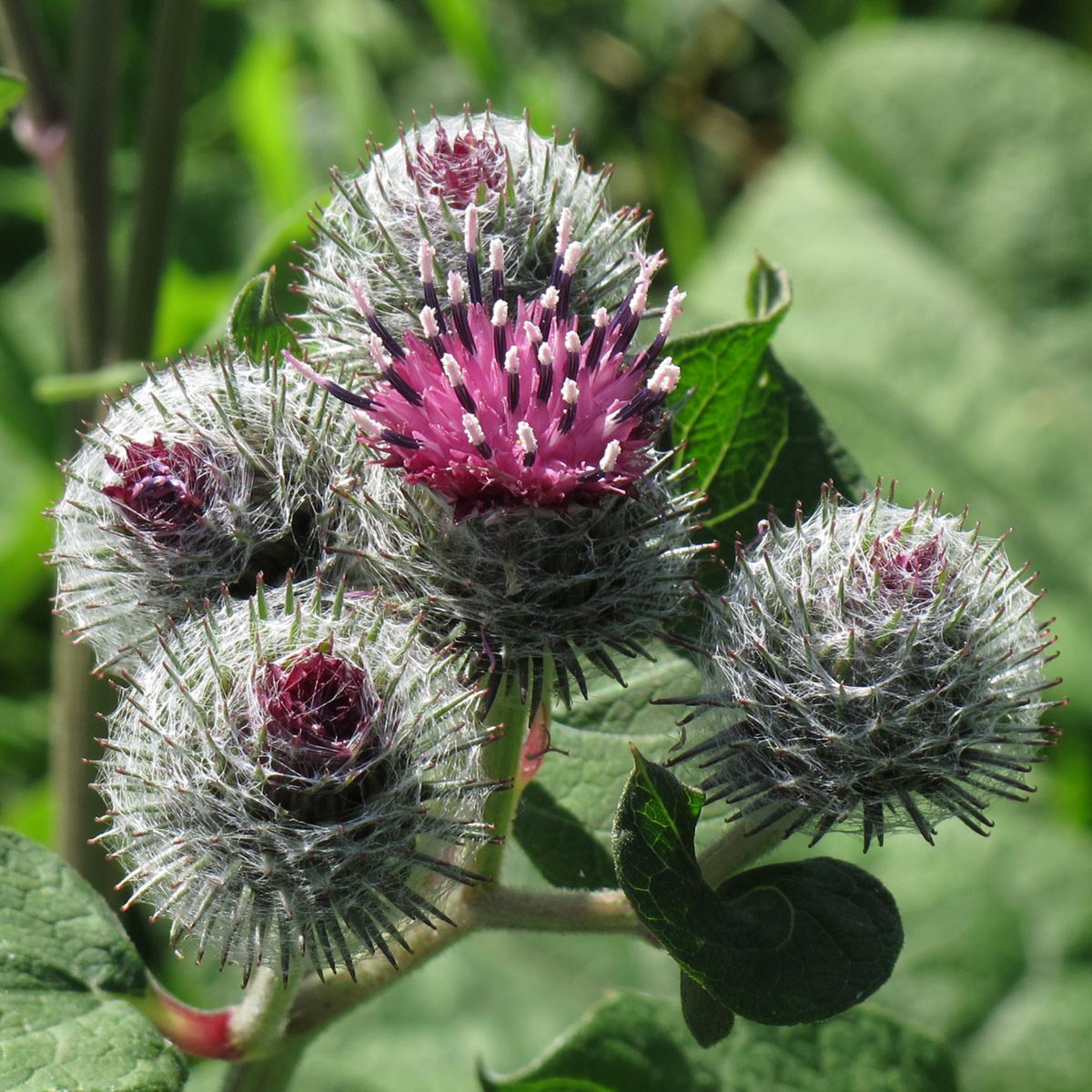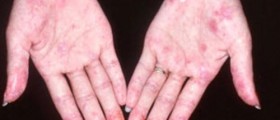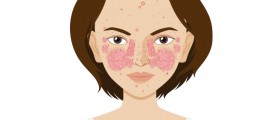
Lupus
Lupus is an autoimmune disorder which can affect any organ or tissue. The symptoms of lupus vary from one person to another because different body systems may be involved. Some people can have mild and temporary symptoms, while the others may have severe and persistent symptoms. Skin rash is a symptom of lupus which affects the skin. Exposure to sunlight can trigger or worsen the skin condition. Lupus can cause kidney failure, so many patients develop problems with urination. Certain cases of lupus may include symptoms which are similar to arthritis, such as swelling and pain of the joints of fingers. Other symptoms of lupus include seizures, faintness, fatigue, headache, pain in the stomach, indigestion, nausea, loss of hair, and weight loss.Treatment
Standard treatment for lupus depends on the severity of the symptoms and the affected body system. Mild or moderate symptoms such as pain and swelling of the joints, skin rash or fatigue may be treated with non steroidal anti-inflammatory medications or corticosteroids. In more severe cases of lupus your doctor may increase the dose of medications which increases the risk of side effects. You can also be treated with immunosuppressants in case you suffer from very serious for of lupus.Natural Remedies
Natural remedies will help you ease the symptoms of lupus. Willow extract is excellent for stiff and painful muscles and joints. Willow also has anti inflammatory properties which will relieve the pain in your joints. Another excellent herb which will help you is burdock. It is recommended to consume plenty of fish and fish oil because they contain omega-3 fatty acids. You can also take herbal supplements, such as black walnut or cat's claw. For problems with kidneys and pain in the stomach, you should take flaxseed oil. Before you decide to try any natural remedy, you should consult your doctor first.Home Treatment
Proper home treatment can help you deal with the symptoms of lupus. Since some of the symptoms may include fatigue and dizziness, it is important to get plenty of sleep every night and even take a nap during the day. When you go outside on the sun, make sure you protect your skin with clothes or adequate sunscreen. You should wear a hat and sunglasses as well. Regular exercises can improve you overall health and reduce the risk of heart problems. You should select your food carefully because some food can worsen your symptoms. Choose healthy food, but, avoid food that causes you problems.
















Your thoughts on this
Loading...